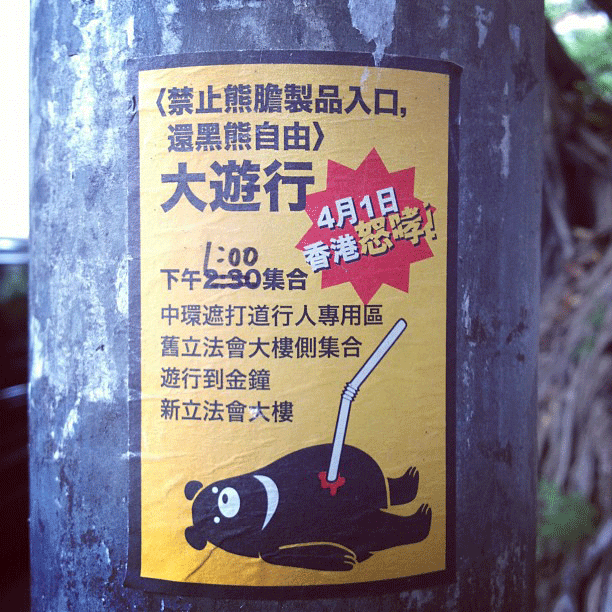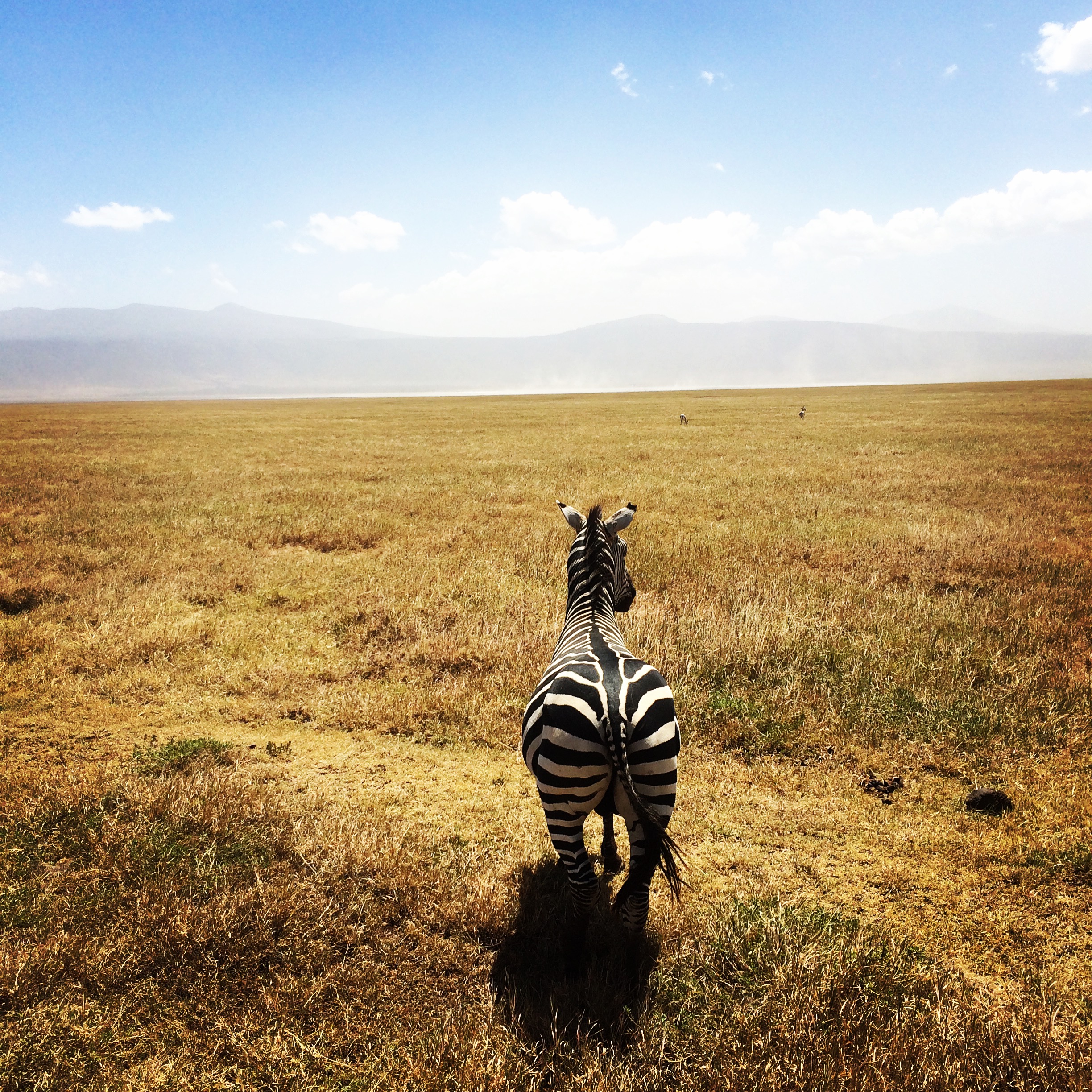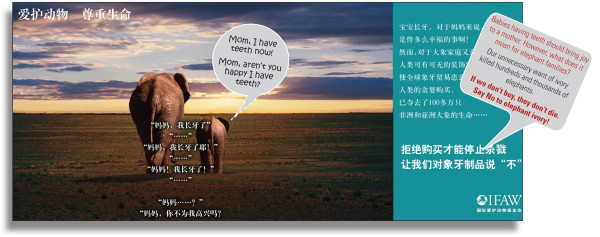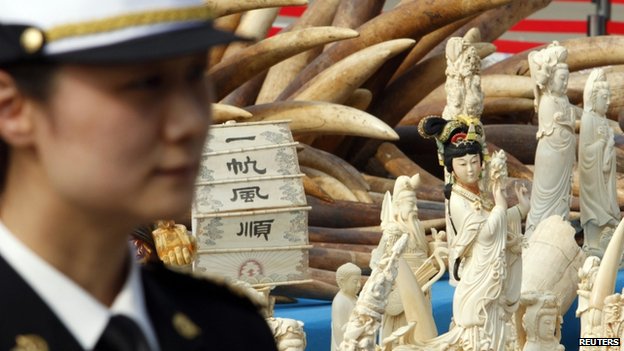Wildlife products have been valued for use in various medicines for millennia. The use of wildlife products, which often are derived from threatened or endangered species, is still prevalent in traditional medicine, particularly in Asia. At current rates, species such as the pangolin are being driven towards extinction because of… read more
Demand Reduction
The Black Box of the Ivory Trade: Ivory Vendors
*This blog is part 2 of a 3 part series. Click here for Part 1—Conditional Aid as a policy option. After one of our interviews in Beijing, my colleague Ana and I realized that while many studies have been conducted on the socioeconomic status of elephant poachers and Chinese ivory… read more
Conditional Aid as a Policy Option
On April 11th, my peer Ana Ramirez and I journeyed to Beijing to interview individuals on strategies for reducing international demand for illegal wildlife products. We learned many things over our three days of interviews that challenged our previous understanding of effective demand reduction strategies. Interview information brought to light… read more
Lessons from Beijing
Although seven days is not enough time to even get over jet lag, the week Jessica Carrillo and I spent in Beijing proved to be a very fruitful experience. Rushing from one side of the city to another, we were able to interview several organizations and scholars involved in demand… read more
Call 1-800-NO-POACH
We can all agree: poaching is a problem that needs to be addressed. However this is a complicated issue with many facets. One major problem with combatting poaching stems from the fact that many feel that there is nothing that they can do when they see poaching occur. Engaging ecotourism… read more
Questions for wildlife protection NGOs in China
BEIJING, China – In my last post, I wrote about different awareness campaigns in China, trying to gather elements that these campaigns shared to reach their target audiences. In many (if not all) of the cases, the message was aimed at the general Chinese population and intended to provoke feelings… read more
Religion can stop trafficking
Religious groups can stop the supply and demand for illicit wildlife goods. There is potential to reduce a large portion of demand if Buddhist Monks in Thailand and the Catholic Church in the Philippines change their ways. In Thailand, there is a “tiger temple”, located about 100 miles west of Bangkok… read more
Meanwhile, in the Lege: Cracking down on shark-finning
Here in Austin, the Texas legislature is well into its biennial session. Amidst the thousands of bills that have been filed, one prominent bill has a strong wildlife conservation connection. In February Representative Eddie Lucio, III (D-Harlingen) filed HB 1579 that would ban commerce and transportation related to shark fins in Texas. … read more
Loopholes in China’s Domestic Ivory Market
At the end of February of this year, China announced a one-year moratorium on ivory imports, stating that it will not be issuing import permits during this time. This move did little to appease the international conservation movement, which is more concerned with China’s domestic ivory market and circumvention of… read more
How to Reach the Minds (and Hearts) of the Chinese Audience
In Cameron Lagrone’s January post, she argues that “for an awareness campaign to be truly effective [it] must operate in the language of the target country, appeal to the culture of that country and use culturally relevant methods to reach the public.” Inspired by her words, I decided to explore… read more










